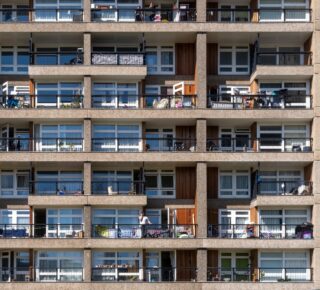HOME | ABOUT US | MEDIA KIT | CONTACT US | INQUIRE
HOME | ABOUT US | MEDIA KIT | CONTACT US | INQUIRE
The benefits afforded by the Federal Pandemic Unemployment Compensation (FPUC) program expired at the end of July last week.

Many previously collecting unemployment benefits before the program’s expiration now only receive state unemployment benefits.
The share of households facing severe housing burden will skyrocket, reports Zillow, from about 3% of impacted renter households to 41%. Without immediate resumption of income, expanded FPUC benefits, or some form of direct rental assistance, many high contact workers will find it increasingly hard to make rent payments.
Many eviction moratoria have already expired and the lapse of these policies is likely to result in a wave of housing insecurity — signs of which are already being seen in areas where evictions have resumed, reports Zillow.
Renters are typically more vulnerable to income shocks. Not only do renters have higher housing burdens and lower incomes, Zillow reports, but a larger share of their household incomes come from high contact-intensity workers which are more likely to be the single earner and to have lower incomes than their homeowner counterparts.